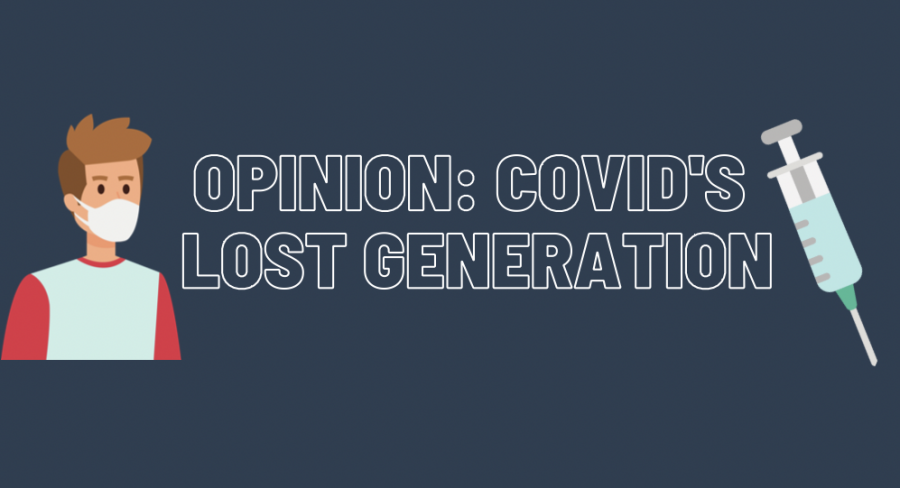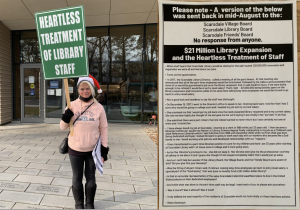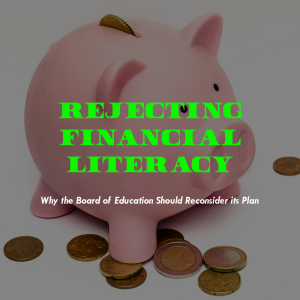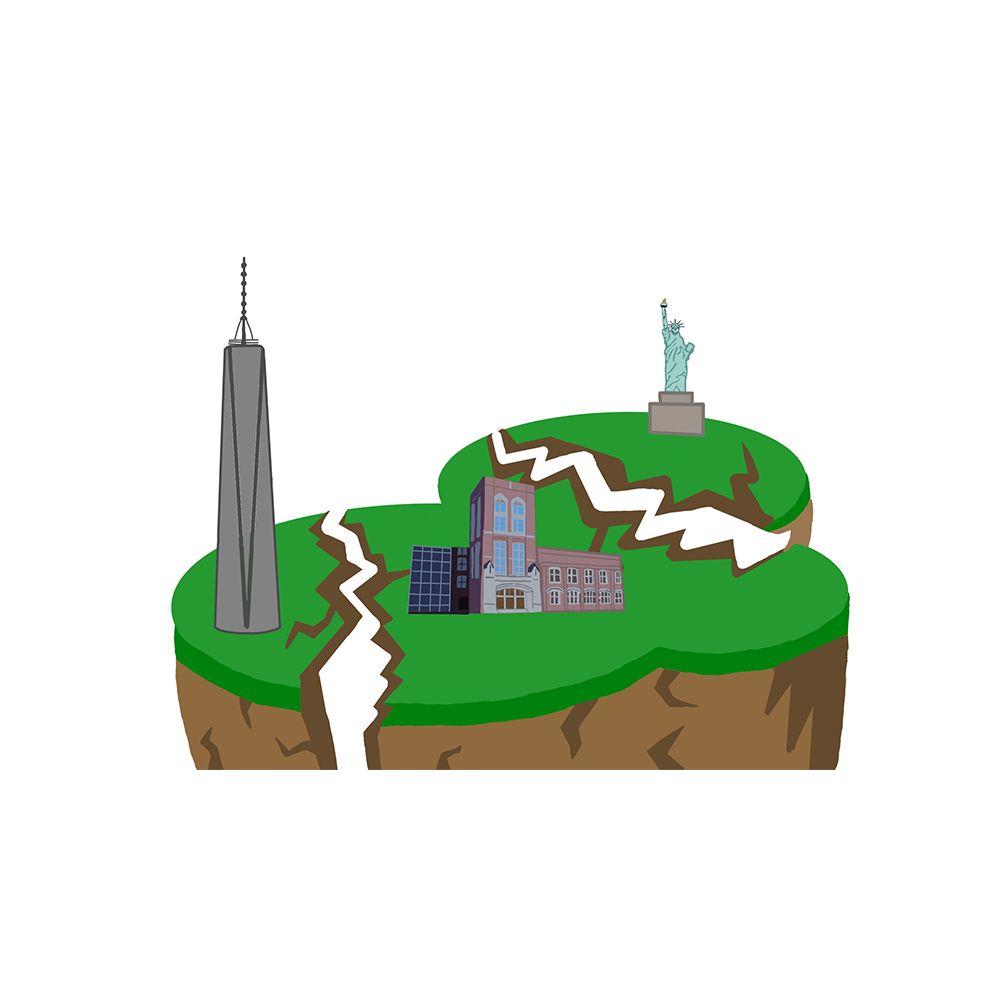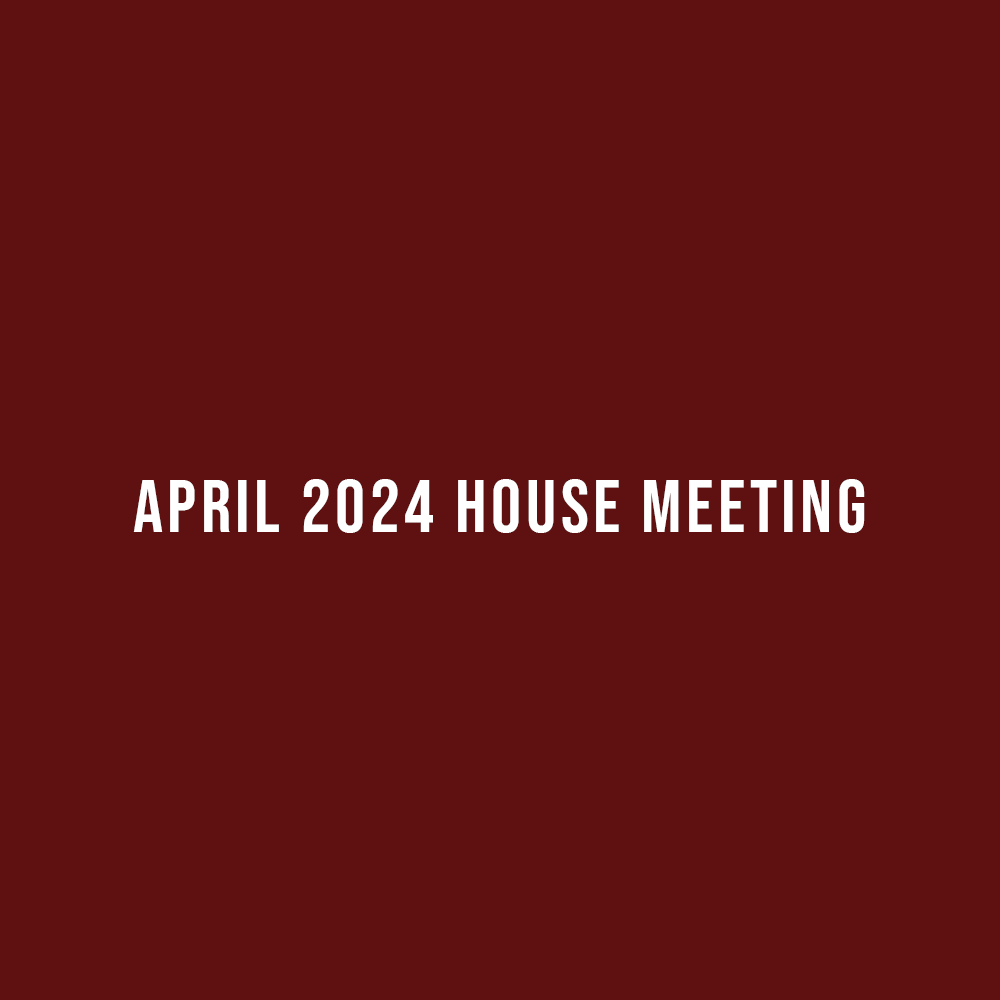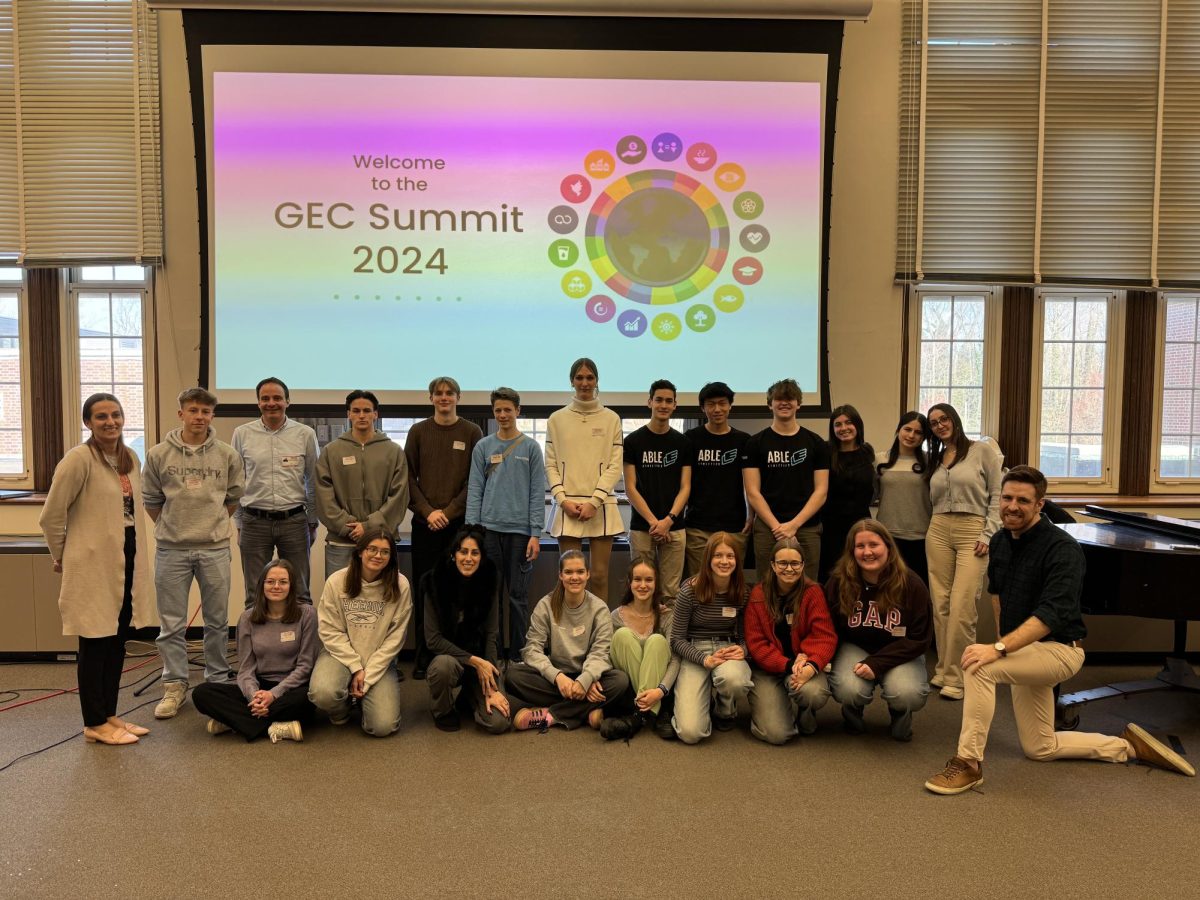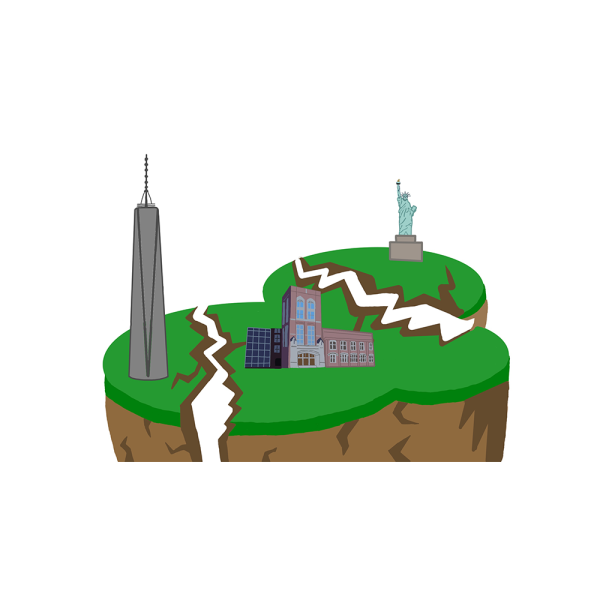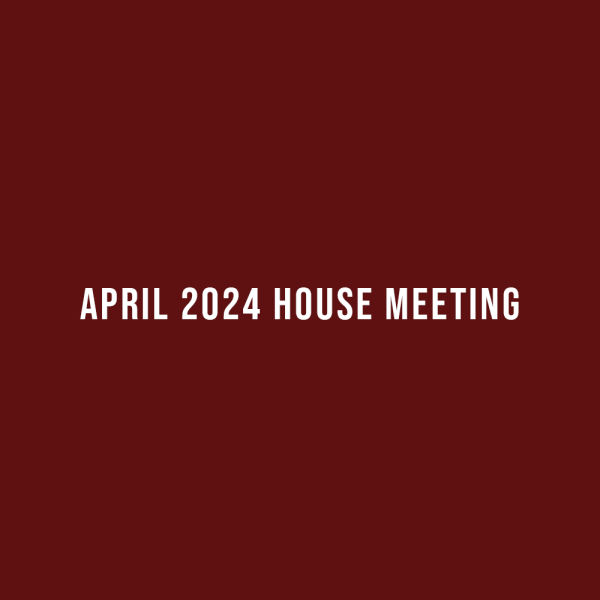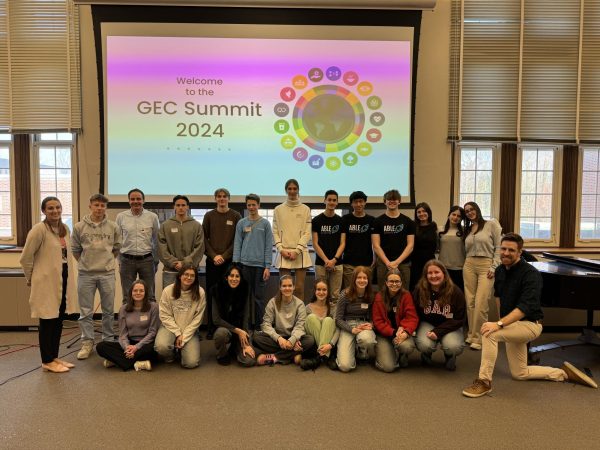Opinion: COVID’s Lost Generation
Has COVID-19 created a lost generation considering its impact on education, personal development, and health?
March 30, 2021
In his novel, The Sun Also Rises (1926) and memoir, A Movable Feast (1964), Ernest Hemingway quotes a “lost generation,” characterized by the loss of identity and uncertainty of the future. His term rings true for today’s young generation amidst the current COVID-19 pandemic. Millions of students have lost a year of learning, and the damage is most notably magnified among those in poverty, who have limited access to technology. Disruptions and reversals of youth education of this magnitude have the potential to severely influence the societal and economic outcomes for decades. The question of will and how this generation could catch up is simply immeasurable by the months of lost learning.
In Kenya, all students were held back a year, and the academic year was declared forfeit. While the impact that today’s young adults face is arguably not as dramatic and destructive as in the two world wars, the disruption of COVID strikes similarities. As quarantine drags on, the sadness, isolation, and anxiety over the future take over, with numerous adolescents labeling their emotions as being overwhelming. Teens heavily rely on social media as a method to endure the lockdown depression. Hobsons and Hanover Research stated in a recent survey, 68 percent of college students reported that their mental health has been “very” negatively impacted by COVID. Possible life-long loss of hope and inspiration stains this generation, and will continue to plague the world when pandemic is long gone.
Early this week, when my family were gathered for dinner, my ten-year old sister declared, “Today was the first time we went to the playground during recess in a year! My friends and I forgot how to do the monkey bars. We used to sit on top of them, now I could only swing on one.” I felt for her – I, too, miss the memories made with my friends prior to COVID. The pandemic has turned young children away from the outdoors, forsaking their social and physical capabilities for the technological world on Zoom. Quarantine has become all they know.
Isolation of this scale and length has rarely occurred in the history of humankind- during the world wars, the doors of most countries were open. Uncertainty about the future brings the danger of a new lost and directionless generation. Impressionable teens have missed many opportunities for vital educational turning points and are left with a sense of despondency and mental health scars. Those scars, once acquired, could change the travesty of many youth personalities. It is impossible to discern how many of these scars will be life changing, but without doubt, there will be many.
Confinement leads to a detrimental decline in communication, and teamwork skills that are essential for youth to thrive. Young generation faces lost opportunities, ramped up student loan debts, and dwindling numbers of college graduates.“There is a real and present danger that the public-health crisis will create a COVID generation who loses out on schooling and whose opportunities are permanently damaged,” explained the World Economic Forum. Overwhelmed with stress, energy and faith have been lost in many.
When social distancing is glorified, teens reject or question the values of teamwork and friendship. Once endorsed, treasured traditions and values, such as sharing, are feared or even condemned in the face of COVID. The day and night switch of such values are confusing at the least, creating a generation accustomed to rejecting broader morality. In 1926, poet Ezra Pound wrote: “And the days are not full enough, And the nights are not full enough, And life slips by like a field mouse Not shaking the grass.” Her words embody the truth for today’s lost youth.
The young generation, lost or not, should not passively allow the world to be defeated by COVID. Half a million Americans have died, yet millions more frontline workers have dedicated themselves to fighting the virus, and more than 3,000 have lost their own. Any step we take in unity, such as checking in and delivering groceries to our seniors in the neighbourhood, will help us through the pandemic with compassion and patience. COVID presents every individual with an unique opportunity to practice courage and gratitude, which are heightened in difficult times. The true silver lining is that we will be a generation equipped with an overwhelming sense of community, adaption, and empathy. When the pandemic and isolation comes to an end, go outside and experience life. Go to that music concert, walk through the vineyard behind mountains. The world will be full again, awaiting for us to make our mark for the better.

